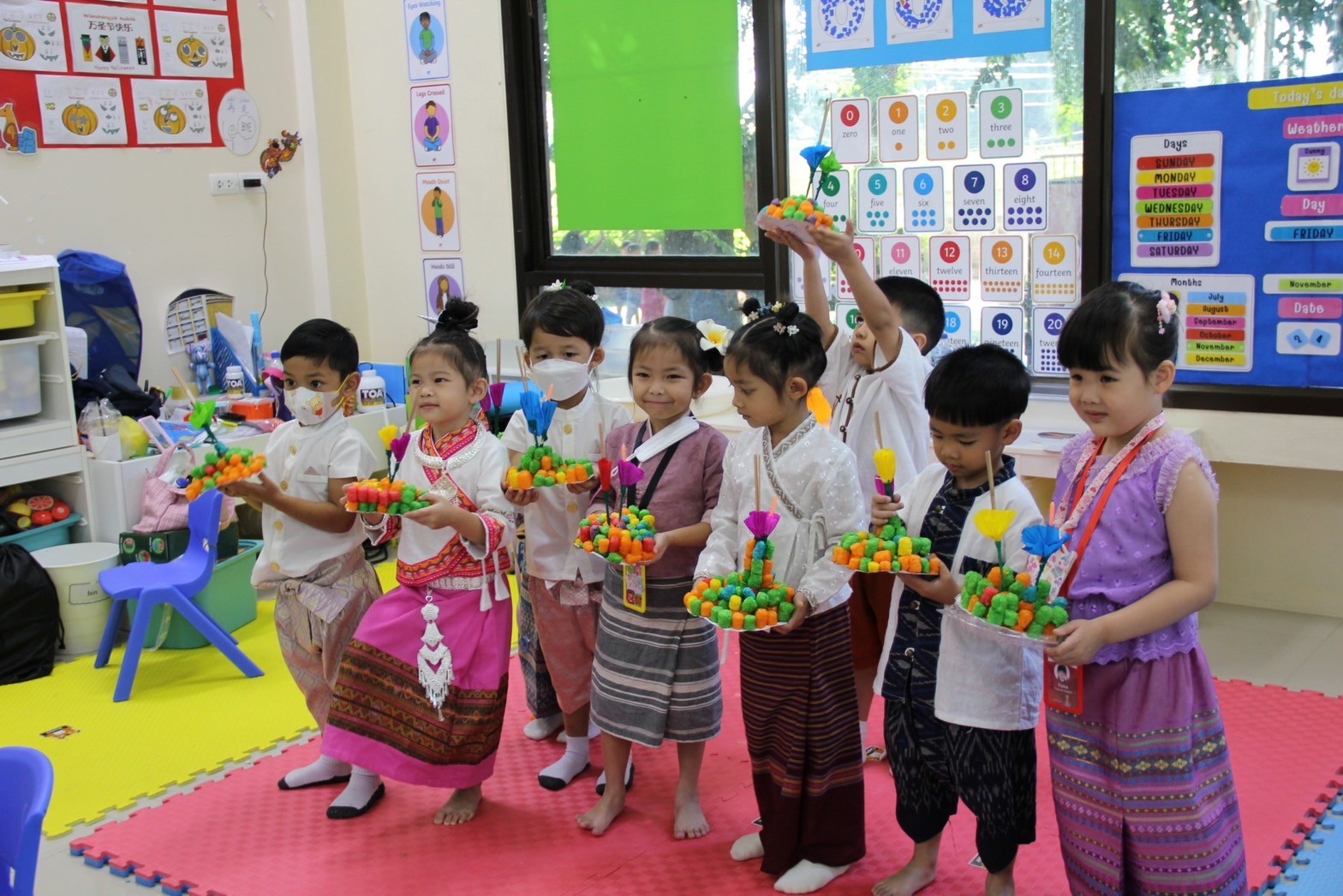Academic Staff
Myths vs. Facts: What You Need to Know About International Education
Many parents consider enrolling their children in international schools. However, they often come across myths that create confusion. Understanding the facts can make the decision process easier and more informed. International education offers unique benefits that can greatly enrich a child's learning experience.
One common myth is that international education is too expensive. While some schools have high tuition fees, many offer scholarships and financial aid. It's important to research and find the right school that fits your budget and provides value.
Another concern parents have is the language barrier. They worry if their child can keep up in a multicultural environment. However, many international schools are equipped with language support programmes. These programmes assist students in overcoming language challenges and thriving academically.
Curriculum differences also raise questions. Are international schools academically rigorous? The truth is, these schools follow high standards and diverse curricula designed to nurture critical thinking and global awareness. They prepare students for higher education and future careers.
Social integration is another worry. Will my child fit in? International schools foster inclusive environments where diversity is celebrated. Students learn to respect different cultures and form meaningful friendships.
By addressing these myths and understanding the facts, parents can make confident decisions about their child's education. International schools offer opportunities for personal and academic growth in a supportive and enriching environment.
Debunking the Cost Myth: Is International Education Too Expensive?

One of the biggest myths about international education is that it is always expensive. While it is true that some international schools have high tuition fees, there are many options with varied pricing. It’s important to look into different schools and see what fits your budget.
Ways to manage costs at international schools:
- Scholarships and Financial Aid: Many international schools offer scholarships to talented students. Financial aid programmes are also available for families in need.
- Payment Plans: Some schools offer flexible payment plans that spread the cost over the school year, making it more manageable.
- Additional Fees: Check if there are hidden costs for activities, uniforms, or supplies. Knowing all the expenses upfront helps in planning better.
Cost should never be the sole factor in deciding against international education. The benefits, such as a global outlook and unique learning experiences, are valuable. Researching and visiting schools can help you find affordable options without compromising quality.
Addressing the Language Barrier Concern: Can My Child Keep Up?
Another common concern is the language barrier. Parents often worry that their child will struggle academically if they are not fluent in the school's primary language. However, this issue is often addressed by international schools with comprehensive support systems.
Ways international schools help with language barriers:
- Language Support Programmes: Many schools offer special classes or tutoring to help students improve their language skills.
- Bilingual Teachers: Schools often have teachers who can assist students in their native language while they learn a new one.
- Interactive Learning: Using multimedia tools like videos and apps can make language learning more engaging and less intimidating.
Learning in a multilingual environment can actually benefit your child. Studies show that children who learn multiple languages have better cognitive skills and problem-solving abilities. With the right support, your child can quickly adapt and excel in an international school setting.
 Understanding Curriculum Differences: Are International Schools Academically Rigorous?
Understanding Curriculum Differences: Are International Schools Academically Rigorous?
When thinking about sending your child to an international school, you might wonder if the curriculum is academically rigorous. Some believe the standards might be lower because of the diverse backgrounds of the students. However, international schools often have some of the highest educational standards.
Key points about international school curricula:
- Global Standards: Many international schools follow rigorous academic programmes like the International Baccalaureate (IB), Cambridge Curriculum, which are recognised worldwide.
- Diverse Subjects: These schools offer a wide range of subjects including arts, sciences, and languages, fostering well-rounded education.
- Critical Thinking: Focus on critical thinking and problem-solving skills prepares students for higher education and real-world challenges.
The curricula are designed to challenge students while also encouraging creativity and independent thinking. They often include projects and hands-on learning experiences, making education both effective and enjoyable. International schools are dedicated to maintaining high academic standards and preparing students for future success.
Examining Social Integration: Will My Child Fit In?

Social integration is a significant concern for parents. Will their child be able to make friends and feel comfortable in a new environment? International schools focus on creating inclusive communities where every student feels valued and accepted.
Ways international schools promote social integration:
- Cultural Activities: Schools host events and activities that celebrate various cultures, fostering mutual respect.
- Buddy Systems: New students are often paired with a buddy to help them adjust and make friends more quickly.
- Counsellor Support: School counsellors provide support to help students cope with the transition and build social skills.
These schools offer a welcoming environment for students from all backgrounds. They promote understanding and respect among different cultures, making it easier for children to integrate. By participating in diverse activities and events, students make meaningful friendships and feel part of a global community.
Conclusion
Enrolling your child in an international school can be a rewarding decision. Understanding the myths and facts helps you make an informed choice. While concerns about cost, language barriers, curriculum standards, and social integration are common, international schools provide effective solutions to these issues.
International schools offer high academic standards, strong language support, and inclusive environments. They prepare students for global opportunities and personal growth. Your child will not only receive quality education but also gain valuable life skills and diverse experiences.
At Invictus International Pathum Thani, we are committed to providing an enriching and supportive environment for all students. Visit our school to learn more about our unique approach to Cambridge international education and see how we can help your child thrive. Join Invictus International School and give your child the best start in their academic journey.